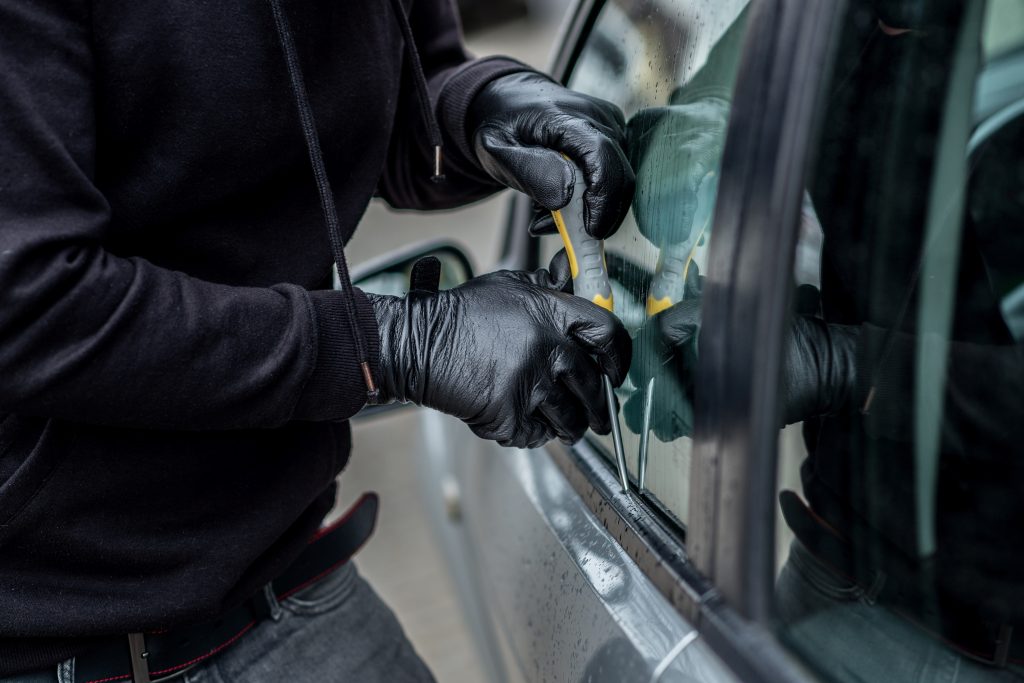A recent summit in Ottawa to address the escalating problem of vehicle theft in Canada resulted in a great deal of not much. More money to border security, more money to law enforcement, the outlawing of a gadget that is easily replaced with another gadget, a vague request for more legislation, and a boatload of rhetoric from politicians proving many don’t know anything about automotive security.
…
Why don’t cars come with PIN codes?
Tesla does it. Teslas are famously hard to steal. In Canada, we know organized crime prioritizes the theft of upscale SUVs and pickups because their destination countries covet those cars. Electric vehicles haven’t been on their shopping lists because EVs don’t have much purpose in places that have no charging infrastructure. But what if it’s because of something that Tesla has built into their vehicles that is also making the difference?
A PIN code.
You lock your phone, you lock your computer, you lock your credit cards. Without a PIN code — that you set, and if you like, reset — those things are of little use to someone else. Especially someone in a hurry. Just like your phone, you can opt out of a code. Owner’s choice.
…

Why would manufacturers be against keeping their products from being stolen so easily?
George Iny, executive director of the APA is succinct: “The last time Canada had an auto theft epidemic was between 2002 and 2007. The insurance industry developed the standard that eventually became the electronic immobilizer and cut out over 90% of joyriding, which was the majority of auto theft back then. The carmakers opposed the initiative (and an expenditure of even $10 or $20 per vehicle on the assembly line) for three reasons:
- It will make them uncompetitive;
- It will interfere with free trade — Americans will be unable to start Canadian vehicles exported as used to that country;
- Harmonization with American regulations is essential. (Apparently, they want this to work only one way — in the direction of the country with the weaker regulation. When it comes to auto theft we lead the U.S. which harmonized with our 2007 amendment that introduced the electronic immobilizer a few years after the Canadian standard became law.)”
Article content
Iny wrote a great piece on the subject here. Scroll down to “The carmakers’ position: it’s not our problem.” Two other terms to slide in here when discussing who has access to your vehicle’s systems: right to repair and future subscription services. The former will cost manufacturers money and the latter will earn them billions. Remember, you can already pay extra for GPS tracking in many cars – something VW discovered the hard way is not always a great thing to charge people for.
Consumers should take reasonable actions to protect their vehicles. Law enforcement should have tools to combat it and the courts should recognize vehicle theft as the growing international menace that it is. Governments need to enact legislation that reflects the increasing sophistication of thieves who feed that menace.
